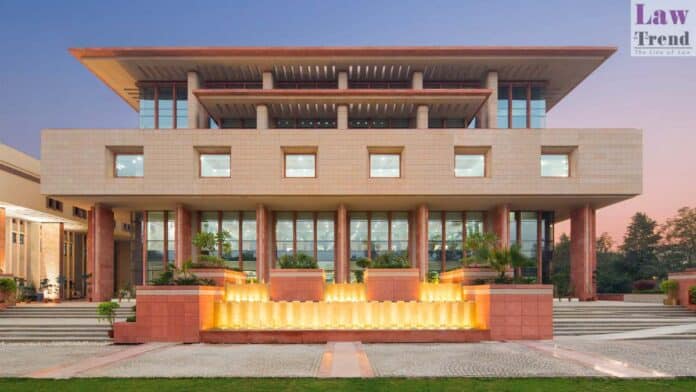The Delhi High Court on Wednesday sought responses from the Centre and the Delhi government on a petition challenging the legal provisions that prohibit school teachers from engaging in private tuition.
A bench of Chief Justice DK Upadhyay and Justice Tushar Rao Gedela issued notices on the plea filed by Prem Prakash Dhawan, a retired chemistry teacher, who argued that such restrictions infringe upon the fundamental right of teachers to practice a profession of their choice. The matter will be heard next on November 12.
Dhawan’s petition challenges Section 28 of the Right of Children to Free and Compulsory Education Act, 2009, which imposes a blanket ban on teachers undertaking private tuitions or private teaching activity. He has also questioned Section 113 of the Delhi School Education Rules, 1973, and the Code of Conduct for teachers under the same rules, which prohibit teachers from accepting any remunerative job apart from their school employment.
During the hearing, the bench questioned the petitioner’s locus standi, asking how a retired teacher could challenge provisions that no longer directly affect him.
“The fact that he did not have the guts to approach the court while he was in service is creating apprehension. He did not approach because it would have affected his service and remuneration. We don’t see any public interest in this. Ask the petitioner to quote some teacher,” the bench remarked.
Represented by advocates Tanmay Mehta, Karmanya Singh Sareen, and Krishnagopal Abhay, Dhawan contended that the ban was unconstitutional and that in practice, many teachers continued to offer private tuitions without facing any action, rendering the restriction arbitrary and discriminatory.
The court, however, observed that misuse or non-enforcement of a law cannot form the basis to challenge its constitutional validity.
The Centre, while defending the provision, told the court that the restriction was aimed at maintaining teaching integrity and preventing potential conflicts of interest in school education, and sought time to file a detailed response.




